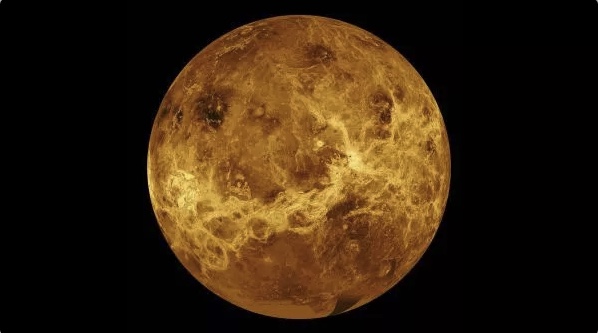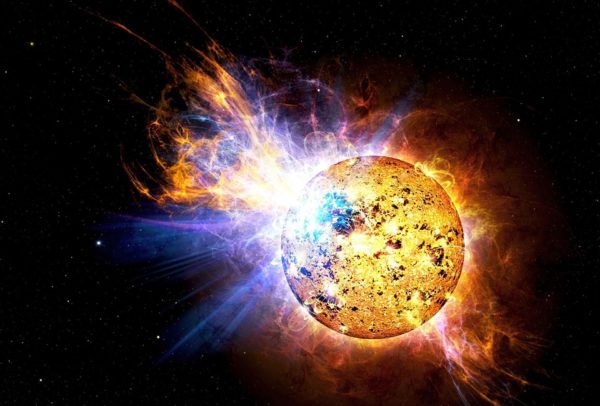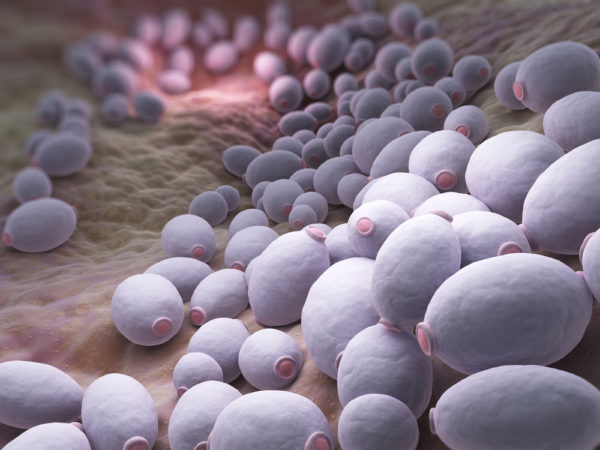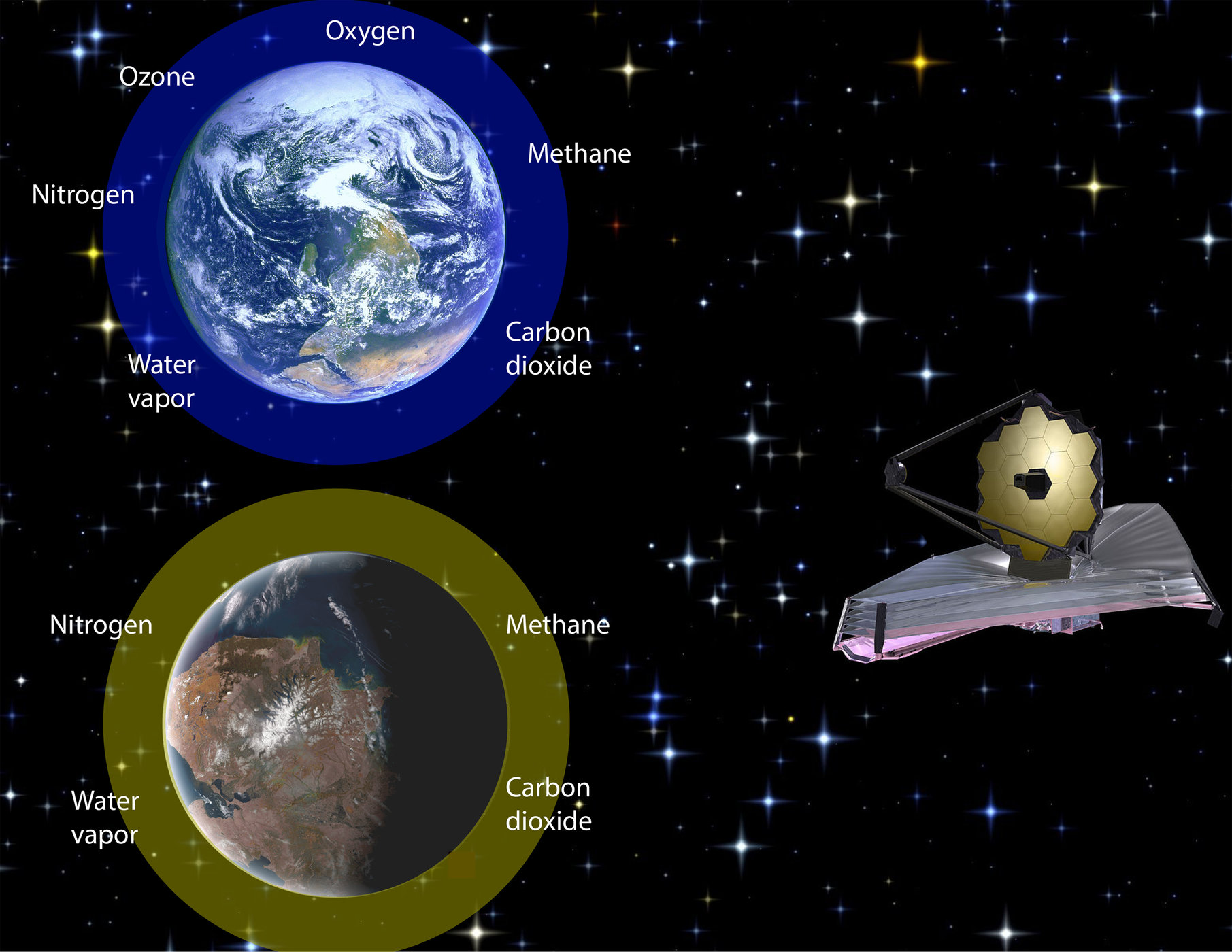SPACE: Did Mars Rover Curiosity Just Detect an Alien Belch?
A group of scientists may have just pinpointed the location on Mars of a mysterious source of methane, a gas most often produced by microbes — and NASA’s Curiosity rover could be right on top of it. Methane blips have pinged on Curiosity’s detection systems six times since the rover landed in Mars’ Gale crater in 2012, but scientists weren’t able to find a source for them. Now, with a new analysis, researchers may have traced the methane burps to their origin. To calculate the unknown methane source, researchers at the California Institute of Technology modeled the methane gas particles by … Read more












